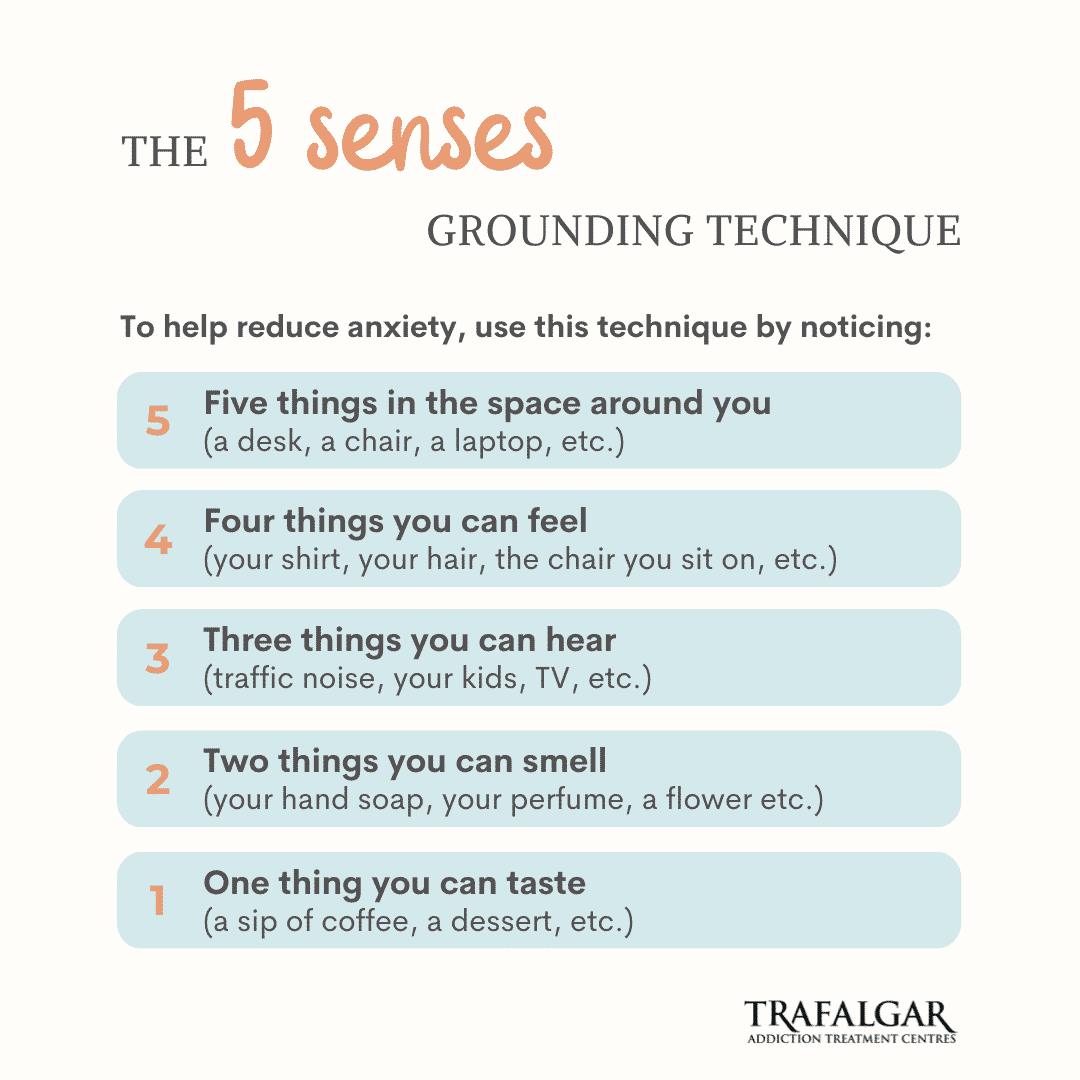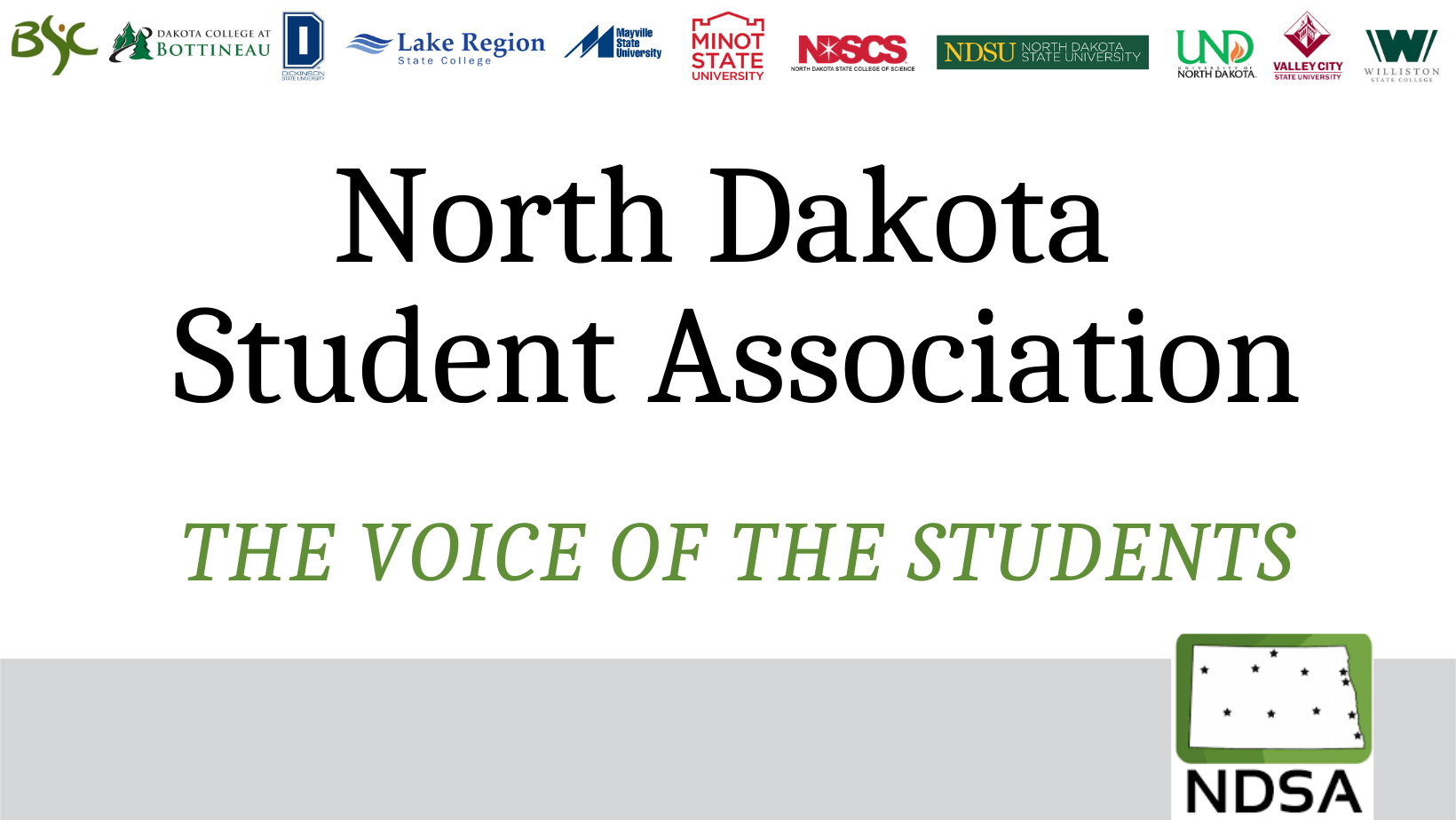College students face unique stressors that create or exacerbate different mental health challenges. These stressors include the transition from high school to college, applying for scholarships and jobs, being active on campus, socializing with new and different groups of people, large homework loads, project deadlines, and so much more. The following page includes mental health challenges that can result from these stressors, ways to cope with them, and resources offered by each campus to help overcome mental health challenges.
Common Mental Health Challenges Faced by Students
Generalized Anxiety Disorder (GAD): Characterized by excessive anxiety and worry (apprehensive expectation), occurring more days than not for at least 6 months, about a number of events or activities (such as work or school performance).
Social Anxiety Disorder: Characterized by stress/anxiety of social interaction (i.e., talking to strangers, going to events with a lot of people, eating in front of others, using public restrooms, public speaking, making eye contact) is too much to handle and you become extremely uncomfortable.
Depression: Depression comes in many forms and can coexist with anxiety. Depressive symptoms include a depressed mood, tiredness or lack of energy, feeling worthless or guilty, trouble with sleep, no interest or pleasure in many activities occurring nearly every day, having a hard time focusing, remembering details, making decisions, frequent thoughts about death or suicide, feeling restless or slowed down, and weight changes.
“Body image involves our perception, imagination, emotions, and physical sensations of and about our bodies. It’s not static – but ever changing; sensitive to changes in mood, environment, and physical experience. It is not based on fact. It is psychological in nature, and much more influenced by self-esteem than by actual physical attractiveness as judged by others. It is not inborn, but learned.”
-“Improving Body Image,” by Judy Lightstone.
Eating Disorders: Academic pressures and social expectations in college environments can create situations where students skip meals, eat compulsively, or exercise in an unhealthy manner. In many situations, it may be hard to tell when behavior related to eating and exercising is normal or abnormal.
Substance Use Disorder: Substance use disorders span a wide variety of problems arising from substance use. Substance abuse or misuse can result because you are using a substance in a way that is not intended or recommended, or because you are using more than prescribed. Substance abuse can simply be defined as a pattern of harmful use of any substance for mood-altering purposes. “Substances” can include alcohol and other drugs (illegal or not) as well as some substances that are not drugs at all.
Advice for Coping with Mental Health Challenges
Here are a couple of things you can do to help mitigate mental health challenges:
-
- Deep breathing techniques
- Opposite-To-Emotion Thinking
- The 5 Senses Grounding
- Aerobic exercise at least three times a week (i.e., jogging)
- Get a healthy amount of sleep
- Healthier eating (diet has an impact on mental and emotional health)
- Consider the impacts of drug and alcohol use, including caffeine
- Talk to a doctor and ask them to go over all your options, including medications
- If you’re concerned about a friend, click here for some resources on how to help.
Campus Resources
Because of work conducted within the NDSA’s Student Affairs Committee, many NDUS institutions have begun implementing the Bandana Project on their campuses. Additionally, all NDUS institutions provide mental health resources for their students. Please review your campuses’ counseling resources to seek accessible mental healthcare services, all of which are listed below.
North Dakota State College of Science
North Dakota Resources
According to Mental Health America, North Dakota is ranked 8 out of the 50 states and Washington D.C. for providing access to mental health services. Listed below are some of the statewide services offered to you.
-
- North Dakota Mental Health Statistics
- Search for a Provider
- North Dakota Department of Human Services–Behavioral Health Services
- North Dakota 211: 2-1-1 is a free referral and information helpline that connects people to a wide range of health and human services, 24 hours a day, 7 days a week. To contact 2-1-1 in any state, including North Dakota, simply dial the numbers 2-1-1 from any phone.
- North Dakota Suicide Hotlines and Websites
- National Alliance on Mental Illness–North Dakota: The National Alliance on Mental Illness is a nationwide advocacy group, representing families and people affected by mental health disorders in the United States. The national organization is organized into state and local affiliates, of which NAMI–North Dakota is one.
- Mental Health America – ND
- North Dakota Medicaid

